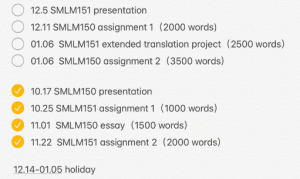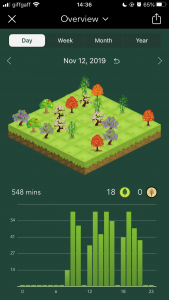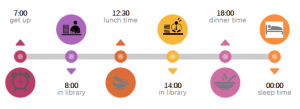
This blog post will attempt to shed some light on Machine Translation (MT) and the impact it is having on the translation industry. Most freelance translators use CAT tools (Computer-Assisted Translation), to assist them with producing and managing effective and efficient translations. CAT tools are not to be confused with MT; they are software systems that enable translators to build and expand translation memories, that store previous source and target translations for quick and easy reference when working. CAT tools also assist with producing the finished translation in the required format and offer an extensive range of quality management tools. In a nutshell, they allow translators to produce high quality, accurate work faster. MT, on the other hand, is the full translation of a text by a computer without the need for any human involvement.
MT is not as new as some might assume; the concepts can be traced back to the 17th century, although research into producing a fully automatic MT system gained pace in the 1950s. If we fast-forward to the present day, advances in MT have been significant and MT systems are now available commercially to work alongside CAT tools and are freely available on the internet for public use.
There are three main types of machine translation: rule-based, statistical and neural.
The rule-based approach is system based, a manually determined set of language and grammar rules to define the correspondence between the source and target languages. Statistical MT has no knowledge of language rules and works by training the translation engine with a very large volume of bilingual and monolingual corpora. Neural MT is the latest approach that makes machines learn to translate using neural networks.
This easy accessibility of MT certainly has its advantages: if I still had contact with my childhood Dutch pen pal, whom I met on a campsite in France, I would not have to rely on my next-door neighbour who ‘spoke a little Dutch’ (I don’t speak any) to glean the gist of her letters. Google translate would give me a pretty fair idea of what Jessica was saying in a matter of seconds, even if not written in an altogether idiomatic manner.
In addition to the benefits for individuals, the advances in the availability of MT systems and the quality of the translations they produce have, understandably, impacted upon the translation industry. However, is it realistic to consider that MT will eventually eradicate the need for human translators altogether? My experience so far tells me that, no, this is not on the cards anytime soon. The translation industry is very much alive and the demand for human translators is real.
As with most things, there are constraints and limitations with MT. Translation is extremely complex and requires translators to make a great number of decisions about every minute detail of the text. Translators must use their knowledge, not only of lexical meanings, but also of social, cultural and political contexts, of the norms associated with terminology use in specialised fields. Translators have to identify nuances and ambiguities and know how to react appropriately to these to transfer them into their target language. Translators must bear in mind the intentions of the original author and attempt to realise the same effects on their target audience. Those translators who have completed specialised training courses, such as the MA in Translation Studies at Exeter, are trained to do exactly this. These areas are where humans have the definite advantage.
There are, however, circumstances where it is understandable for a company to opt for translations produced using MT. Perhaps it is only the gist of what a particular website is saying is needed, or a technician requires nothing more than an overview of an instruction manual and there is no requirement whatsoever for it to be disseminated further or published. In situations like these, MT can prove a much faster and a more cost-effective solution.
However, for content that is creative or literary, or content for which a translation of publishable quality is required, then the skills of a human translator are usually deemed necessary. Marketing texts are particularly problematic for MT and examples of poor-quality translations that have been published or displayed in some format or other are abundant. (These are the translations that leave you laughing out loud!)
Whilst I do believe there will always be a need for human translators, I do also feel freelance translators can embrace these technological advances and use them to their advantage. With MT comes the need for both pre and post-editing services, that can prove to be less time consuming than full translations (if working with a quality MT system). There will, I feel, for the foreseeable future, be a need for a pair of human eyes to read through a text and check for errors of meaning, vocabulary, syntax etc., as well as cultural relevance and appropriateness. Both language and culture are constantly developing, changing and evolving and the human ability to recognise this and adapt accordingly is crucial.
Translators should not feel threatened by MT, but instead feel proud they are able to use their knowledge, expertise and intuition to deliver higher quality translations, than those produced by automated systems. There will always be customers relying on high-quality translations and currently MT, with no human input at all, cannot reliably deliver. If anything, I feel that MT should allow companies to value the skills of human translators over machines and freelance translators should embrace the opportunities presented to further their editing skills and range of services offered, safe in the knowledge that MT does not yet give them too much of a run for their money!














